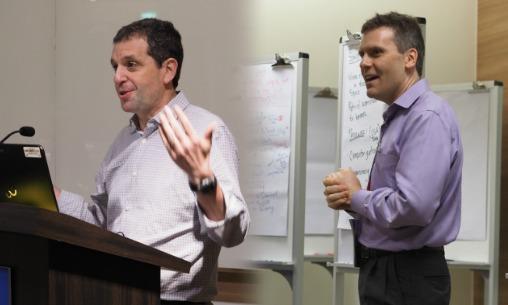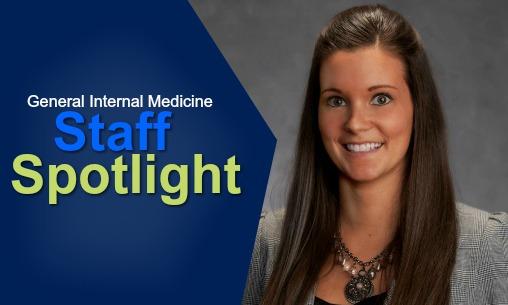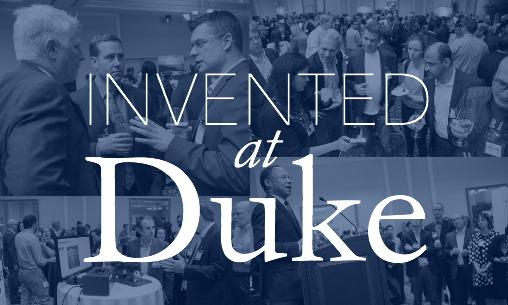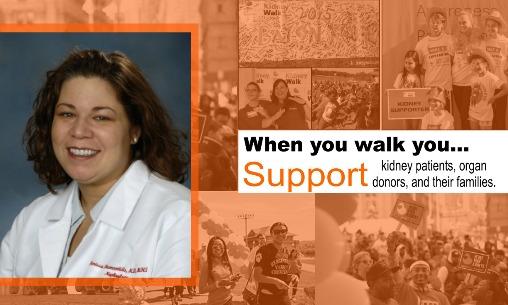Internal Medicine Residency News, Oct. 30, 2017
Catch up with the Duke Internal Medicine Residency Program by reading the weekly newsletter for Oct. 30, 2017.
Staff Spotlight: Clare Il'GIovine
Did you ever wonder who the face behind our website and weekly eNews was? Well, now you know! Her name is Clare Il'Giovine, the division's Communications Strategist.
Watch Diego Bohórquez give his TED Fellow 2017 presentation on how the gut talks to the brain
Watch now: Diego Bohórquez, PhD, assistant professor of medicine (Gastroenterology), recently discussed his research on neuropods as a 2017 TED Fellow.
Voices of Medicine: Francis Miller to present research in vascular disease Oct. 27, 2017
Francis Miller, MD, professor of medicine (Cardiology), will present his research at the Department's Research Seminar Series on Friday, Oct. 27, 2017, in Duke Hospital Room 2002.
Internal Medicine Residency News, Oct. 23, 2017
Catch up with the Duke Internal Medicine Residency Program by reading the weekly newsletter for Oct. 23, 2017.
DOC Heart & Soles Walking Team
The Triangle Heart Walk was October 1st. Below is a photo gallery from the Duke Outpatient Clinic's walking Team "DOC Heart & Soles".
DGIM participates in #InventedAtDuke
Last week two from DGIM were invited guests to an event celebrating inventions, patents and startups at Duke.
Diamantidis talks upcoming Triangle Kidney Walk
A note from Clarissa Diamantidis, MD, on the upcoming Triangle Kidney Walk which takes place November 12.
Medicine faculty selected to lead Duke Forge
Duke University’s Health Data Sciences Center has assembled a clinical faculty leadership team and will be renamed Duke Forge.



